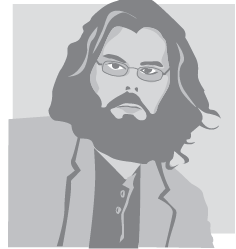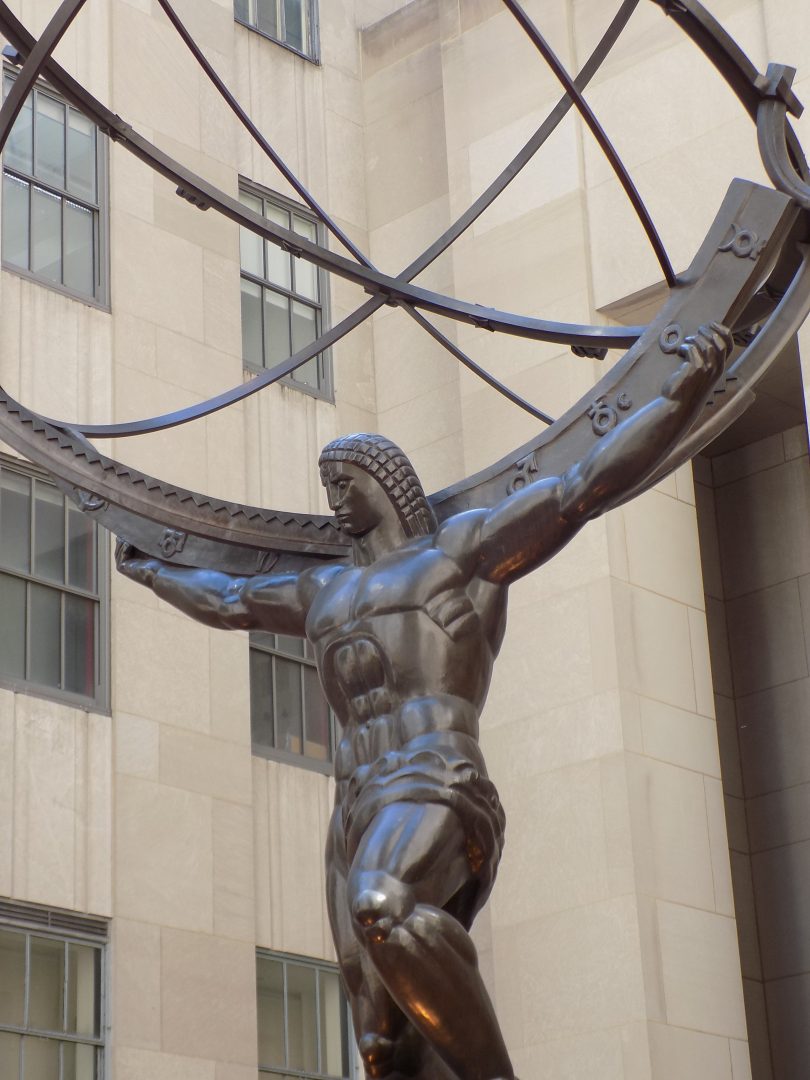aNewDomain commentary — Lately I’ve been getting involved in educating psychologists and working counselors and psychotherapists in existential therapy practices.
— Lately I’ve been getting involved in educating psychologists and working counselors and psychotherapists in existential therapy practices.
And man, they’ve been complaining a lot.
The first thing they complain about is usually that it’s unrealistic to expect that the counseling relationship between therapist and client can extend into real life, which is pretty much what existential psychotherapy requires. They try it, but find that relationships are stuck just where they have always been. Spouses haven’t changed, parents haven’t changed, and their friends still feel distant — more distant than ever, they say.
To this, I protest that therapy is real life. What we do there, how we are there, who we are there, these things matter. We don’t step outside of life when work with a client in this way. How can we? We are no more or less imaginary in therapy than on the train on our way home.
 But like anyone faced with the challenges that existence brings up, they resist. They don’t want to hear it: They want perfection.
But like anyone faced with the challenges that existence brings up, they resist. They don’t want to hear it: They want perfection.
The other complaint? It’s that life seems very painful.
All they seem to do in supervision is cry.
We all have a lot to learn from their struggle. Living with the stark realities that existentialism makes so apparent is difficult. But doing so will change anyone’s life.
As for my students, I tell them I have plenty of my own tears. And in the end, I don’t try to get them to stop crying.
Crying is a natural response to the terrible bind we humans find ourselves in.
Because, like Atlas, we all have the weight of the world on our shoulders.
Even Hercules couldn’t bear your pain
In Greek myth, you know, Atlas was a Titan. And following the war that left the Olympians ascendant, Zeus punished him — condemning him to stand forever as a pillar separating the cosmos from the world. That immense weight could never be taken from him. This was his fate, but of course he tried to get out of it.
Once he tried to fool Hercules into accepting his burden but that didn’t work.Clever Hercules knew it was a trap.
The weight of the cosmos was a burden he could not bear, especially as being trapped there would mean not delivering an antidote to a person in need. There was an urgent reason to stay mobile.
Is it better to suffocate in your sleep?
Psychotherapy training and existential training, in particular, is a kind of awakening to suffering.
The Chinese novelist Lu Xun asks us to imagine a village of people suffocating in iron houses they cannot escape. At the moment, they are asleep.
But if we wake them, knowing there is no way out of the iron houses, have we done them any favors?
Thus is it with trying to be fully awake here in the modern era.
So many problems and so little to be done about any of them.
How can we end the shootings in Chicago or slow down global warming? How can we house the 300 or so homeless people in my town who are ineligible for the 25 available shelter beds?
What existentialism asks us for is an act of heroism: It asks therapist and client — and all of us — to be with feelings that others deny.
There is value in anxiety and in despair, value in anger. Denying these feelings does not drive them out but gives them a sort of secret control over us.
As I frequently say these days, your choice is not between suffering and not suffering but, at best, between suffering for something and suffering for nothing.
Existentialism asks us to do the latter: Inasmuch as you will suffer regardless, suffer well and bravely.
All relationships are impermanent. Over time, the perfection we find in the therapeutic relationship, the simple ordinariness of it, we stop searching for that outside of the counseling room. It is enough that we have had this time with our clients. An hour here, an hour there, and then they go out into their lives a little better than they came in – a little stronger, able to bear up under the weight of their burdens with a straighter back, a sense of purpose.
And then there’s that pain.

I am anxious nearly all the time. I have stopped trying to overcome or annihilate this feeling. I embrace it, listen to it. It has real messages for me, real value.
To not be anxious is to give up care — and I have cultivated a tender heart.
I cry just about every day and that’s a fine thing. I worked hard to shuffle off the scars of childhood, the callouses of military training. I’ve worked hard to become soft, capable of grief.
Seeing beauty in little things, seeing the impermanence in every budding flower, these are experiences I would not trade for the sake of dry cheeks.
The existential therapist becomes Atlas, as do we all. Not cursed by Zeus to bear the weight of the cosmos but awakened by reflection to the burdens we all bear and cannot set down: death, meaning, emotions, relationships, freedom.
Nobody is free of these weights.
Atlas tried to trick Hercules into taking the weight from his shoulders but us mortals have no choice in the matter. We have no one to trick. The existentialist becomes Atlas by the act of his or her own will and is inseparable from the act of holding up the weight.
Slowly, my students adjust to this new life, this alert life. One day it happens: they accept the cost, stand willing at the corner of the universe, knowing that this immense burden is the only way to really live.
Sometimes empathy hurts – but it’s worth it.
For aNewDomain, I’m Jason Dias.
Ed: Existential psychotherapist Jason Dias writes about existentialism, politics and culture here at aNewDomain. If you like the themes of existential angst and responsibility, read Jason Dias’ novel: The Worst of Us, available now from Amazon.com.













